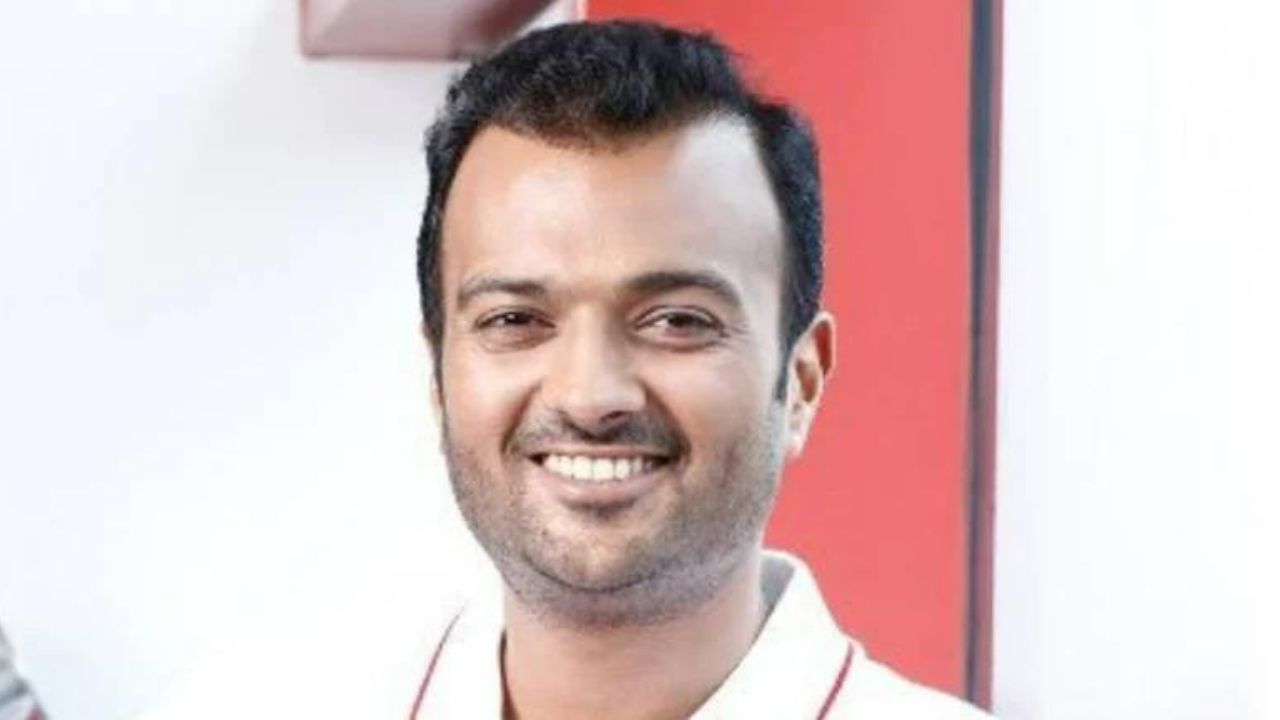According to Harsh Jain, the co-founder of Dream Sports which operates the fantasy sports major Dream11, the new infrastructure projects in Mumbai, such as the country’s longest sea bridge, Atal Setu, the Coastal Road project and the Metro rail system, will play a major role in bolstering the city’s tech ecosystem. Jain, a passionate proponent of the city’s potential to rival Bengaluru and Delhi-NCR as a startup hub, is also one of the minds behind TEAM (Tech Entrepreneurs Association of Mumbai) and is the chairman of Internet and Mobile Association of India((IAMAI), a grouping of India’s startup and tech firms.
Jain believes these projects are expected to help resolve some of the key issues such as the high cost of living and staying for working professionals and help the city better compete with the country’s tech capital Bengaluru and other emerging tech hubs such as Delhi-NCR, Chennai and Hyderabad, as per Moneycontrol.
“(The infrastructure projects) are going to completely open up Mumbai’s suburbs as well as the Navi Mumbai side. New York and Mumbai are similar on a map. Navi Mumbai will become like New York’s Brooklyn with affordable housing, which is 30 minutes away from work but at a much lower cost of living” Jain said in an interview to Moneycontrol.
“In New York, you have Manhattan, which has extremely high rents but then you have (areas such as) Queens and Brooklyn, and Upper East side, Upper West Side. We are currently missing that side to Mumbai since our suburbs connectivity was missing” he added.
These recent infrastructure projects are expected to significantly reduce travel time between South Mumbai and the city’s suburbs from one and a half to two hours to less than an hour. “Once these projects are opening up, I am hoping traffic will become immensely less of a problem, alongside affordable housing” he said.
“Now, with the infrastructure connectivity, you don’t need to set up your office in South Mumbai. You can set up in the suburbs and have fantastic connectivity to all of Mumbai,” Jain added.
Jain along with 45 other Mumbai-based unicorn and soonicorn (soon-to-be-unicorns) entrepreneurs started the non-profit association TEAM about a year ago to make the country’s financial capital as one of the top destinations for tech entrepreneurship in the country.
Other founding members include Haptik co-founder Aakrit Vaish, BookMyShow co-founder Ashish Hemrajani, Nazara Technologies founder Nitish Mittersain, Eruditus founder Ashwin Damera, Shaadi.com founder Anupam Mittal, and LogiNext founder Dhruvil Sanghvi. The association claims its members have a combined valuation of over $50 billion and have created over 10,000 jobs.
TEAM is conducting a week-long event from February 18, called Mumbai Tech Week, to raise awareness about the city’s tech ecosystem and make it the preferred hub for technology companies.
“One of the problems is that Mumbai is well known for finance, banking, Bollywood and real estate. Because of that, tech doesn’t stand out but that doesn’t mean it’s not there. A huge ecosystem exists here,” Jain said.
Through events such as the Mumbai Tech Week, Jain hopes to stop the startup drain to cities like Bengaluru. “When companies scale up, they should know that they can build and scale up here as well. What better examples than Tata and (Reliance) Jio who are both based here,” he said.
IAMAI is also hosting its flagship annual conference, India Digital Summit, in Mumbai later this month.
In March 2023, Maharashtra’s deputy chief minister Devendra Fadnavis said the state lost a lot of startups to Bengaluru and Hyderabad due to poor infrastructure that made it “quite unaffordable to stay in Mumbai”. The government was working towards improving infrastructure to bring companies back to the state, he said.
Jain said that they are not trying to compete with other cities but want to encourage more people to startup in Mumbai and attract more venture capitalists (VCs) to the city.
“This is not Mumbai vs Bengaluru vs Delhi-NCR. If we are to progress as a country and meet Prime Minister Narendra Modi’s vision of a $1-trillion digital economy, we need multiple tech hubs. Bengaluru can continue growing and can even be number one but you need multiple tech hubs such as Mumbai, Delhi-NCR, Chennai, and Hyderabad. They all need to grow exponentially,” he said.
Startups are business-driven, not valuation-driven
These developments come amid a subdued mood in India’s startup ecosystem due to the extended funding dry spell and recent struggles of two of the country’s most valued tech companies — Byju’s and Paytm.
Jain, however, said Mumbai’s culture is building profitable businesses. “A lot of these problems are happening to companies which are not very profitable or are not profitable and are still burning money. I think that the profitable part of Mumbai’s ecosystem will really help tide through last year and this year’s funding dry spell,” he said.
“The whole vibe of the city is that it is business-driven. It’s not valuation driven. It’s always been about dhanda chalao paisa banao (run a business, make money) and never been about valuation, raising money,” Jain said.
Jain said they plan to expand the workforce of TEAM to do more such events and ecosystem-building activities as well as helping with job openings in the city.
“I think if there’s enough education and awareness about the number of interesting, growing, and successful companies in Mumbai and the number of jobs available there, then I think that becomes a virtuous cycle. You can then start attracting the top talent to the city who will stay here and help build the best products and services, which will create the best companies,” Jain said.
